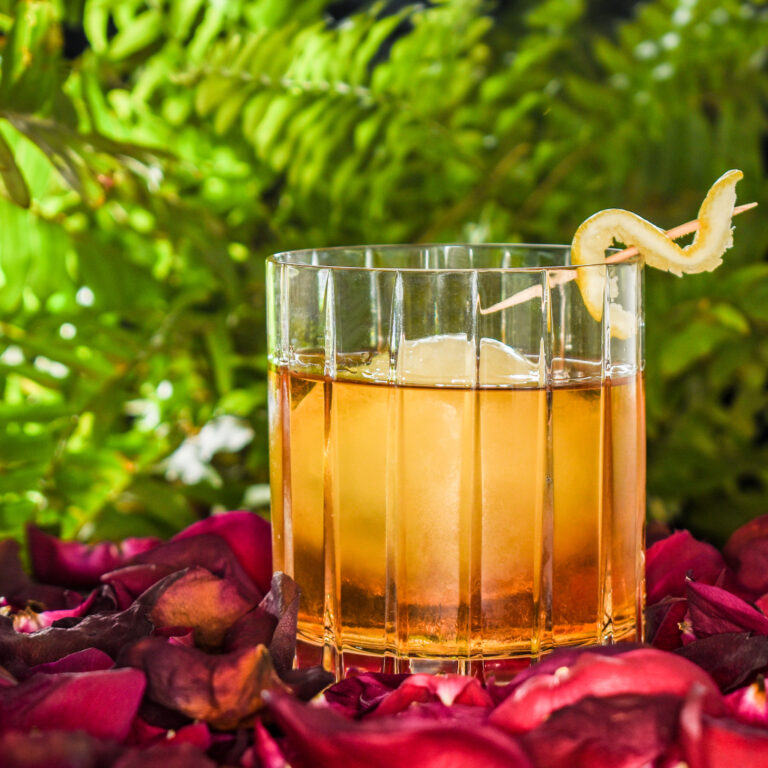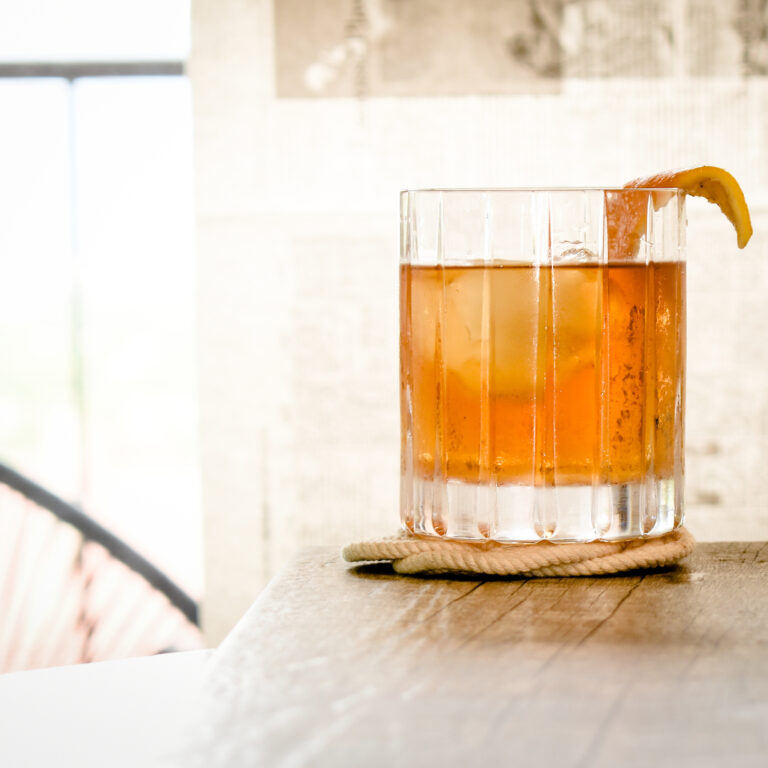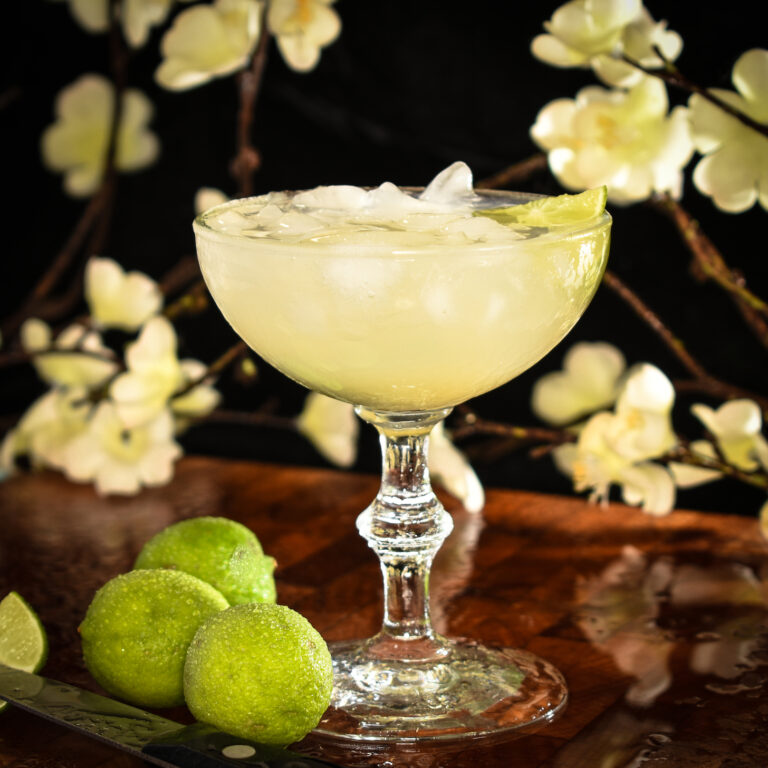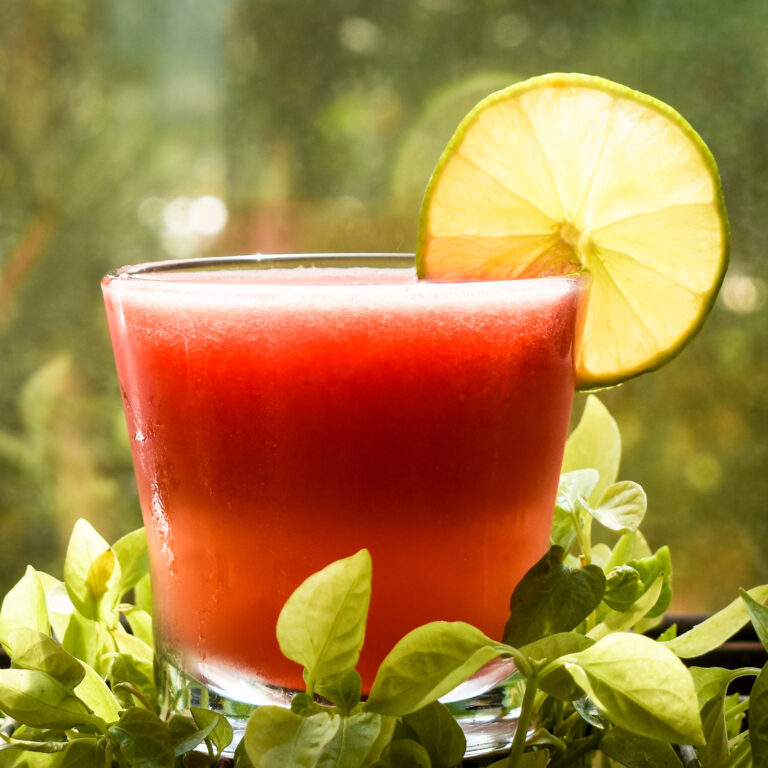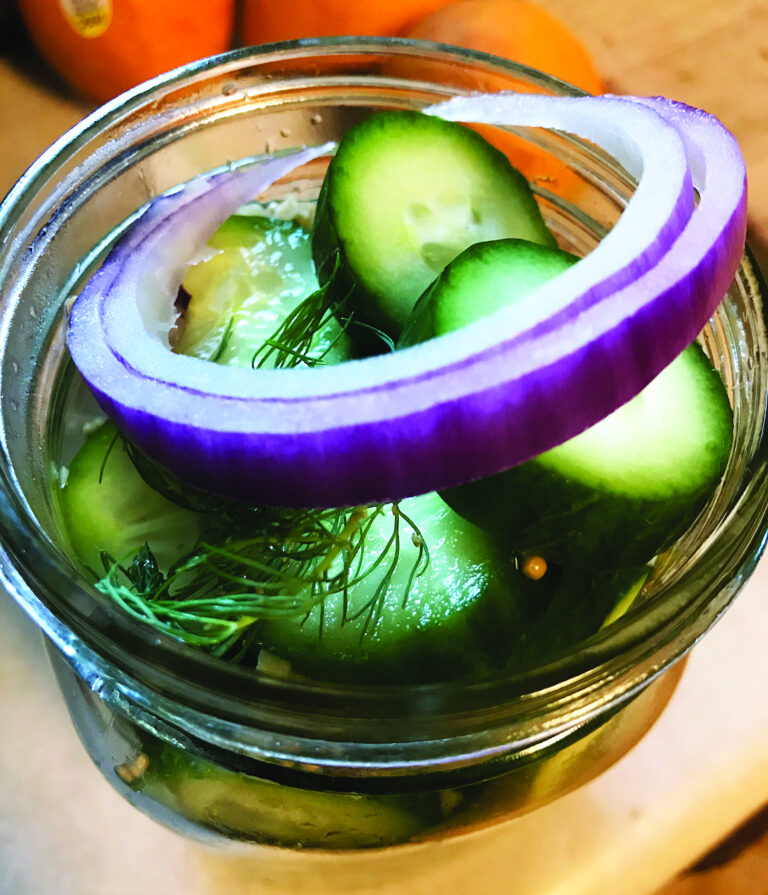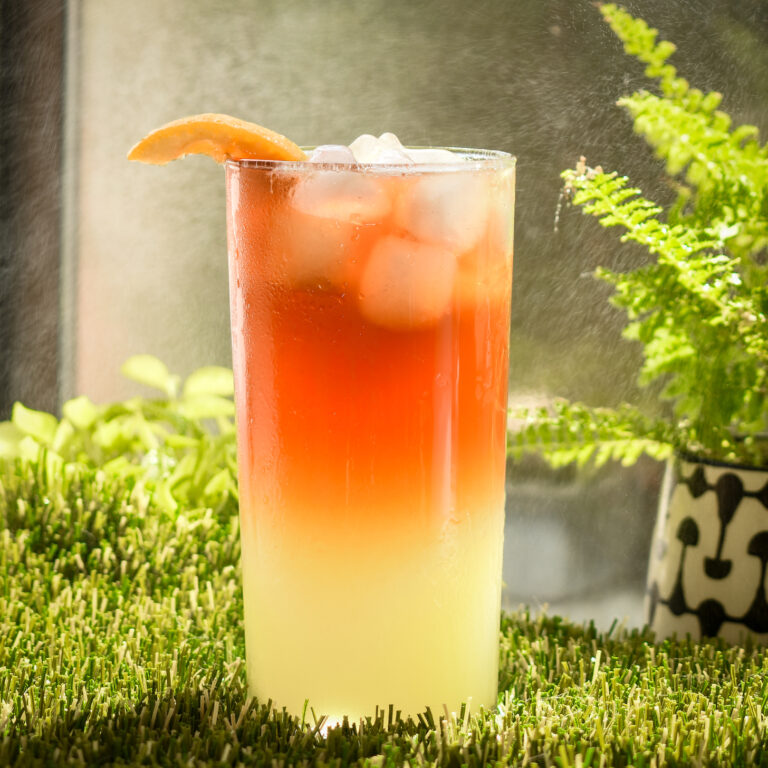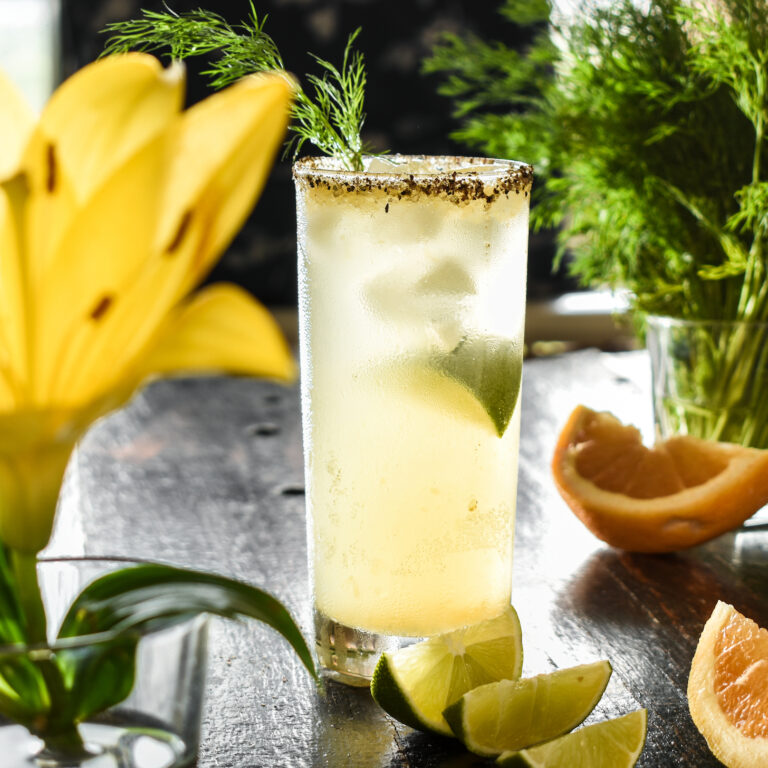Latest Article|September 3, 2020|Free
::Making Grown Men Cry Since 1992
3 min read
A rash of recalls, high drama in the health food isles and corporate ecology wrestled in a battle royale—with cheese—for spots at the media table. Chances are it’s not the last we’ll see of them. The top food stories of 2007 are served!
What do peanut butter, pet food, burgers and shrimp have in common? They all could have killed you in 2007 (or, at the very least, adversely affected your health). Peter Pan and Great Value brand peanut butters, both produced by ConAgra Foods, Inc., kicked off a year of recalls when they were linked to 288 cases of salmonella across 39 states. Federal health officials say the PB-based outbreak was the first in the history of the bacteria.Not to be outdone, the United States Department of Agriculture (USDA) launched the third-largest hamburger-related maneuver in its history when it recalled nearly 22 millions of pounds of frozen hamburger meat. E. coli was the culprit. The Food and Drug Administration (FDA) restricted imports on certain types of seafood raised in Chinese farms—catfish, shrimp and eel are among them—because they’re contaminated with antibiotics (and, we might add, a touch of xenophobia). Not even Fluffy was safe from 2007’s reign of gastronomic terror. Menu Foods, Inc. recalled 90 brands of cat and dog food, including chow like Eukanuba. At least 104 pets died of kidney failure.
A granola-scented soap opera erupted between natural grocery chains Whole Foods and Wild Oats. Unfortunately, Whole Foods’ true colors were a shade closer to high school than the public was ready to buy. Whole Foods, Inc. confirmed that its CEO and founder, John Mackey, posted Internet attacks (anonymously and on a blog, no less) that questioned the profitability of its smaller, similarly W-titled competitor. Then, after some on-again, off-again hand-holding, Whole Foods bought Wild Oats. Whole Foods’ critics wondered if the once-lionhearted chain had sold out, and, faced with increasingly fierce competition from stores like Trader Joe’s, stock in Mackey’s company dipped almost 40 percent.
… And I’m not talking about chicken fries, for once. Burger King became an unlikely ally of animal rights activists when it pledged to adopt more humane practices. The world’s second-largest hamburger chain committed to buying 2 percent of its eggs from free-range hens and 10 percent of its pork from crate-free farms. Burger King also said it would favor chicken suppliers that use "controlled atmosphere killing" instead of the significantly more gruesome methods favored by the poultry-processing industry. Even PETA approved … for the most part. "P.S.," ends its blogged endorsement for Burger King’s new stance. "Burger King also has a veggie burger."

